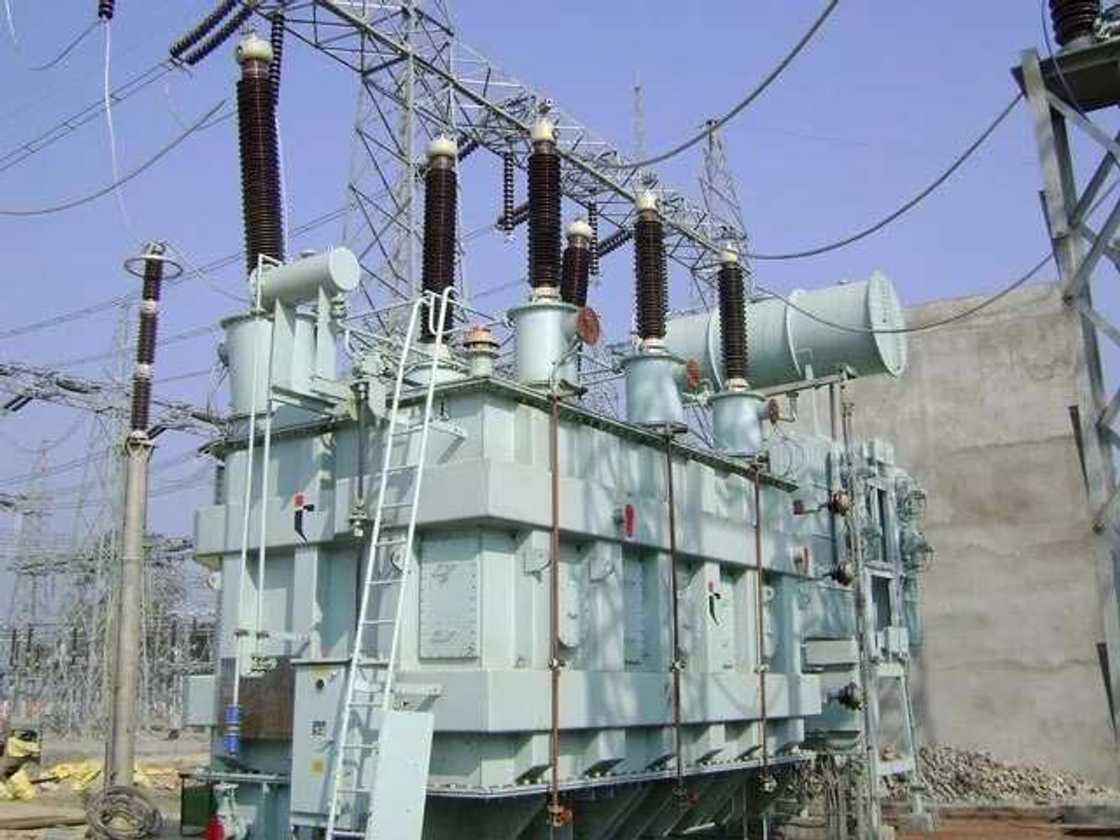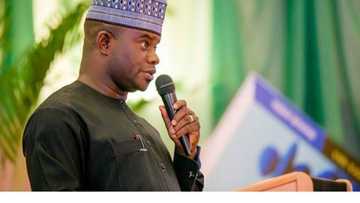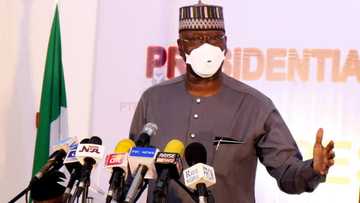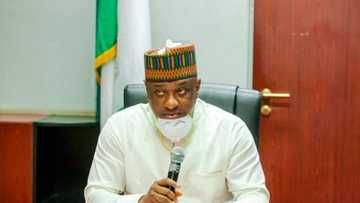New electricity tariff increase to commence on July 1
- The federal government’s planned 100% electricity tariff increase would be enforced on Wednesday, July 1
- The minister of power, Sale Mamman, had on June 15 informed Nigerians about the planned electricity tariff hike
- But distribution companies have said the increase in tariff will not bring about a more efficient power supply
PAY ATTENTION: Click “See First” under the “Following” tab to see Legit.ng News on your Facebook News Feed!
The federal government’s planned 100% electricity tariff increase would be enforced on Wednesday, July 1.
The minister of power, Sale Mamman, had on June 15, informed Nigerians about the planned electricity tariff hike which was to take effect.
However, the Electricity Distributions Companies (DisCos) have told Nigerians that the increase in tariff will not bring about a more efficient power supply.
The DisCos, through their umbrella body, Association of Nigerian Electricity Distributors (ANED), told the Nation newspaper on Sunday, June 28, that there would be just a little improvement after the tariff hike.

Source: UGC
Sunday Oduntan, the executive director (research and advocacy), at ANED said the reason for this is because there is no increase in power generation.
He also pointed out that there were unresolved issues in the power sector.
“There will be change compared to five years ago. But don’t expect 24 hours of electricity. “
“There is no increase in generation. Have you heard of an increase in transmission? These are the issues. There is a need for realignment,” he said in a telephone conversation with the newspaper.
He pointed out that the power sector would continue to have problems as long as there are people determined to cheat the system.
But stakeholders in the private sector have opposed any tariff hike in the face of inadequate electricity supply.
They warned that an electricity tariff hike could worsen the cost of production and result in job losses.
Meanwhile, as parts of its efforts to assist the government in the fight against COVID-19, the Kaduna Electricity Distribution Company (KEDC) said it has suspended electricity disconnections of consumers indefinitely until the pandemic is over.
Daily Trust reported that KEDC's spokesperson, Abdulazeez Abdullahi, made the disclosure on Monday, April 20, during the donation of relief materials (food items) to the Kaduna state government by the DisCo.
Legit.ng gathered that the electricity company hinted that it would commit N30 million to food donation to vulnerable people its area of franchise covering Kaduna, Zamfara, Sokoto and Kebbi states.
Abdullahi said the gesture is aimed at supporting the government’s efforts at providing palliatives to residents of the state in order to cushion the effect of the COVID-19 lockdown.
He called on the members of the public to observe the necessary health protocols in order to collectively defeat the virus.
The spokesman assured Kaduna residents of stable power supply throughout the lockdown to enable stay at home comfortable.
PAY ATTENTION: Get the Latest Nigerian News on Legit.ng News App
Nigerian Electricity Crisis Explained | Legit TV
Source: Legit.ng




